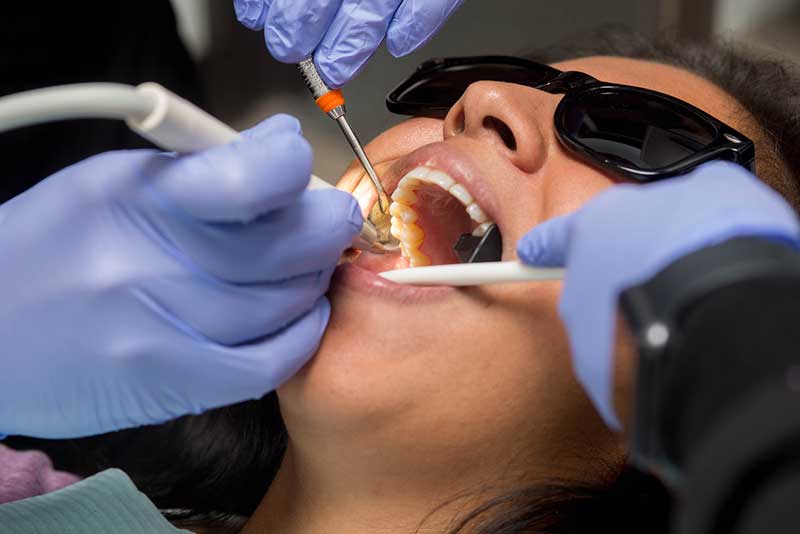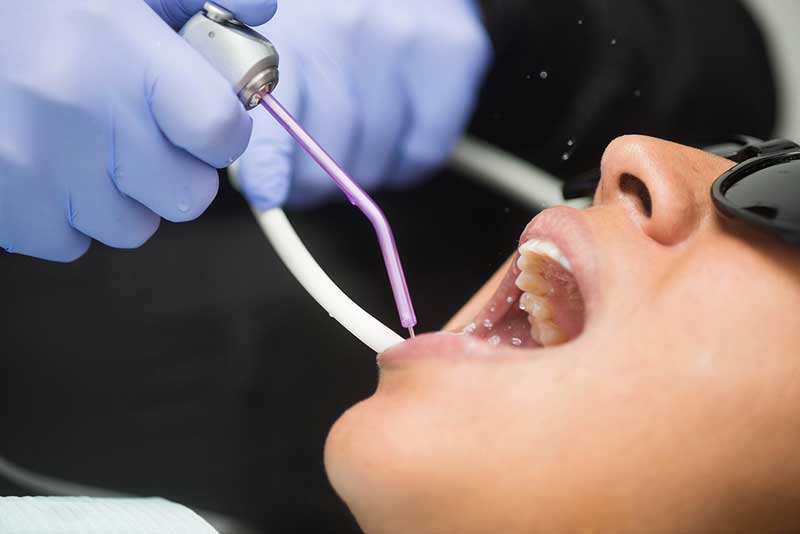What Are The Major Differences Between Gingivitis And Periodontitis?
Posted By Jeffrey Linda
Body
Gum disease is also known as periodontal disease. The disease begins with bacterial infection and can end up with another oral disease if not treated promptly. These symptoms are th indication that you need to visit a dentist in Houston as soon as possible.
Periodontal disease causes oral issues and can cause overall health issues. Sometimes the condition can develop painlessly without any indication and progress to an extreme level. You may notice some of the indications, and you must visit your cosmetic dentistry in Houston to see signs or symptoms that are not common.
What are the goals of gum disease treatment?
Gingivitis Treatment aims to reattach the gums to the teeth, reduce the gums' swelling, stop the disease's progression, and reduce the depth of the pocket.
The dentist will recommend the treatment option after examining the growth of the disease and the stage. Options may include nonsurgical therapies to surgeries to restore the teeth tissue.

Difference Between Gingivitis and Periodontitis.
Inflammation in the gums is called gingivitis which happens before periodontitis which is gum disease. But suppose you treat the inflammation early before it develops into periodontitis. In that case, you may not have to face more difficulties, and it is easy to treat early.
Hence, the disease can be treated by taking good care of your oral health. Brushing and flossing correctly daily can reverse the condition. Visit the dentist office Houston if you have gum disease.
The early stage of gum disease is treatable; the build-up of bacteria in the plaque in the gums becomes inflamed and bleeds easily when you brush your teeth or eat fruit like an apple or guava.
What are the leading causes of gum disease?
The infection in the gums is the beginning of gum disease. However, factors that can contribute to gum disease include:

- Certain types of infections and illnesses in the body can cause gum disease. This includes conditions such as cancer or HIV that can develop symptoms of gum disease. They can impact your immune system. People who have the disease have more chances of developing gum disease.
- Some medications can also impact oral health because they lessen the flow of saliva, which protects and affect teeth and gums.
- Habits such as smoking and eating tobacco can make gums prone to disease and make it harder for gum tissue to repair itself.
- Poor oral hygiene practices can also lead to oral diseases, like gum diseases. Habits like not brushing and flossing can develop gingivitis and other oral health issues.
- Genetics can also be a reason to have gum disease. A family history of dental disease can contribute to the development of gum disease.
In Conclusion:
Gum disease is reversible if treated on time. Left untreated can be a significant cause, and you may lose your teeth if you leave them untreated. Contact your smile cosmetic dentistry and visit your dentist if you notice any symptoms of gum disease.










Comments